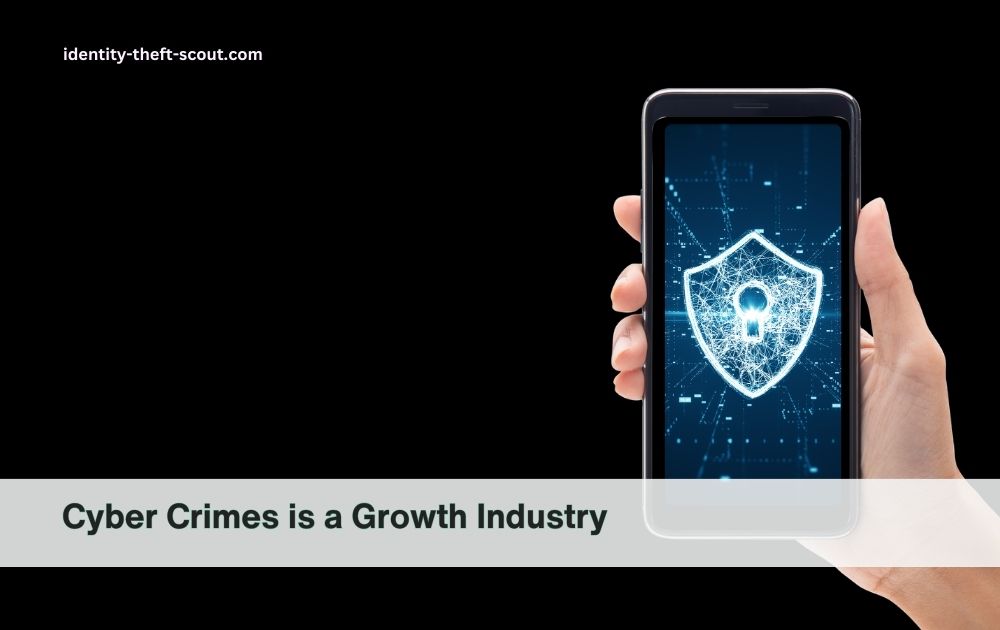The internet is growing. With that comes a spike in the number of cyber crimes. With all the wonderful and positive things about the internet, there is a downside: anyone using the internet is exposed to the security risks of being part of a large network.
Some of the more common examples of the criminal activity include spamming, credit card fraud, software piracy, denial of service attacks, dissemination of child pornography, cyberbullying, computer viruses, phishing, email spying and cracking. The potential for harm is severe for not only business, but for casual users as well.
You Are Not a Helpless Cyber Victim
When it comes to online crimes, we are not helpless victims. There are several things we can do to deter cyber criminals looking to steal our information and destroy our data. The good news is that we do not have to be tech-heads to implement most of these. When these preventions are in place, most online criminals will move on and seek out those who do not have protection against cyber crimes.
The most basic step is to keep up with your security updates and patches for your computer. There are software flaws and security breaches in all software. Software developers are constantly updating their product to protect you against attack. Many popular software programs will allow you to set up automatic downloads of updates and patches. It is recommended you take advantage of this feature.
You need to make sure you configure your computer securely, especially your browser. Take the time to understand how this works or consult somebody who does. It can make the difference of blocking out harmful malware or letting it through to damage your system.
Take Password Security Seriously
Be sure to take your passwords seriously. We use them all the time and they must be secure. They must be strong and unique, something no one could guess. They must be kept in a safe place – it is best not to record them and store them anywhere on your computer or in email accounts that could be hacked. Passwords must be changed on a regular basis. When it come to preventing cyber crimes, the importance of password security cannot be overemphasized.
You must invest in security software. This is not an option. The two most basic functions of online security software is virus protection and firewall protection. Your firewall is your traffic officer who is only going to allow the good stuff to come through and to block out any bad or unauthorized traffic. The anti-virus feature is self- updating security software that will spot and isolate viruses and other harmful software.
Though not perfect, these lower tech, common sense tactics can prevent the vast majority of cyber crimes against you. As was said earlier, when a criminal sees a system that is properly secured, it is easier to keep going and find one that isn’t.
Conclusion
cybercrime is undeniably a growth industry, with the increasing reliance on technology and the interconnectedness of our digital world. As a result, businesses must remain vigilant and proactive in addressing cybersecurity threats.
Outsourcing cybersecurity projects can be a valuable strategy for businesses to bolster their defenses and stay ahead of malicious actors. By understanding the critical steps involved in outsourcing cybersecurity projects and implementing them effectively, businesses can navigate this evolving landscape and protect their valuable assets and sensitive information from cyber threats.
It is essential to prioritize cybersecurity as a fundamental aspect of business operations and continually adapt to emerging risks to maintain a strong security posture in the face of the growing cybercrime industry.



